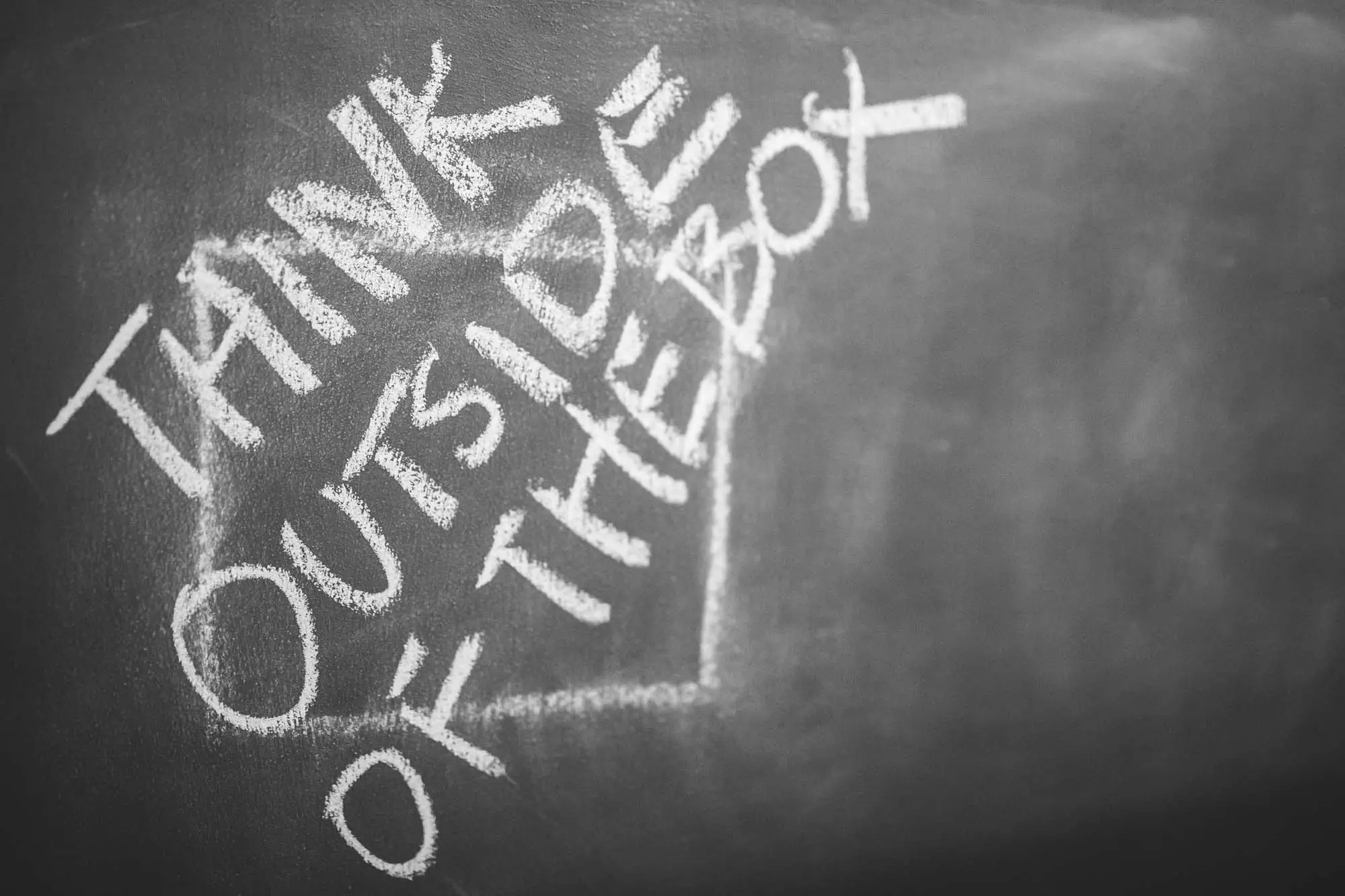7 Most Popular E-commerce Business Models: A blog on the various e-commerce models out there.
Table of Contents
- 1 7 Most Popular E-commerce Business Models: A blog on the various e-commerce models out there.
- 1.1 B2C – Business to Customer
- 1.2 B2B – Business to Business
- 1.3 C2C – Customer to Customer
- 1.4 B2G – Business to Government
- 1.5 D2C – Direct to Consumer
- 1.6 C2B – Customer to Business
- 1.7 B2B2C – Business to Business to Customer
- 1.8 Conclusion
- 1.9 7 Most Popular E-commerce Business Models: A Visual Story
- 1.10 FAQs
- 1.11 What is D2C vs B2C?
- 1.12 What is meant by D2C?
- 1.13 How is D2C different from eCommerce?
- 1.14 Additional Recourses
- 1.15
There are many types of e-commerce business models out there!
Where do you see your business falling on the e-commerce spectrum?
There are a few different types of e-commerce models out there, each designed to target a specific type of customer or market segment.
Knowing which one is right for your business can help you conduct business online, more effectively.
In today’s blog, we’re going to go over the 7 most popular e-commerce business models, and which one would suit you the most.

B2C – Business to Customer
Business-to-Customer is the most common business model in the market. Using this model, you sell your product or service directly to the customer (end-user). It involves creating your distribution channels like Distributors, Retailers, etc. You will also hear the term D2C (Direct to Customer) in many places. Conceptually, both are pretty similar. However, there is a slight difference when it comes to operations. We will cover D2C in the section below in this post.
B2B – Business to Business
B2B or Business to Business is when Businesses sell their product or services directly to other businesses and not directly to the end user.
C2C – Customer to Customer
C2C or Customer to Customer model works when customers sell the products or services directly to other customers. A more organized way of doing C2C business is also called Social Commerce.
B2G – Business to Government
B2G or Business to Government (B2A – Business to Administration) is when businesses sell their products or services directly to the Government or Administration. There are many businesses that work with the government directly and have built large businesses doing so. We usually tend to hear less about these types of businesses.
D2C – Direct to Consumer
D2C or Direct to Customer (Direct to Consumer) is a comparatively new e-commerce business model. It’s pretty much similar to B2C. However, with D2C you sell your products directly to the customer. There is no distributor, dealer, or retailer involved in this model. Customers visit your e-commerce website directly and place orders and the product is delivered to their doorstep. You can save many costs as a business in this model and pass on those savings to the customers directly.
C2B – Customer to Business
C2B or Customer to Business is the model where the customer creates some value for a business and businesses are ready to pay for the value created by the customer.
B2B2C – Business to Business to Customer
B2B2C or Business to Business to Customer is the model when a business sells its products or services to another business and then it’s sold to the customer.
Conclusion
E-commerce is a great way for you to diversify your business and get involved in a fast-growing market. There are so many different ways you can use e-commerce, and you can even combine multiple models to create your own unique e-commerce business model.
We hope you enjoyed this post on the 7 most popular e-commerce business models.
As an e-commerce business owner, you need to have a good idea of which business model to choose, and we hope this blog post helped you in that regard.
If you would like more information on e-commerce business models, please contact us anytime here.
Thanks for reading!
@Rahul Singh
7 Most Popular E-commerce Business Models: A Visual Story
FAQs
What is D2C vs B2C?
According to ASW, “Sometimes even seasoned fulfillment experts use B2C and DTC interchangeably. B2C stands for Business-to-Consumer and refers to goods or services sold by a business to end customers. DTC (or D2C) stands for Direct to Consumer. In simple terms, it means that orders are fulfilled and shipped directly to the end customer.”
What is meant by D2C?
According to TechTarget, “D2C (Direct-to-consumer, or Direct2Consumer) is a type of business-to-consumer (B2C) retail sales strategy where a business will build, market, sell and ship a product directly to the customer.”
How is D2C different from eCommerce?
McKinsey explains, “Direct-to-consumer (D2C) e-commerce currently presents the best opportunity for innovative brands to build direct relationships with their customers. D2C refers to the practice of selling a product directly to the consumer via a company’s own web store, thus bypassing third-party retailers or wholesalers.”




